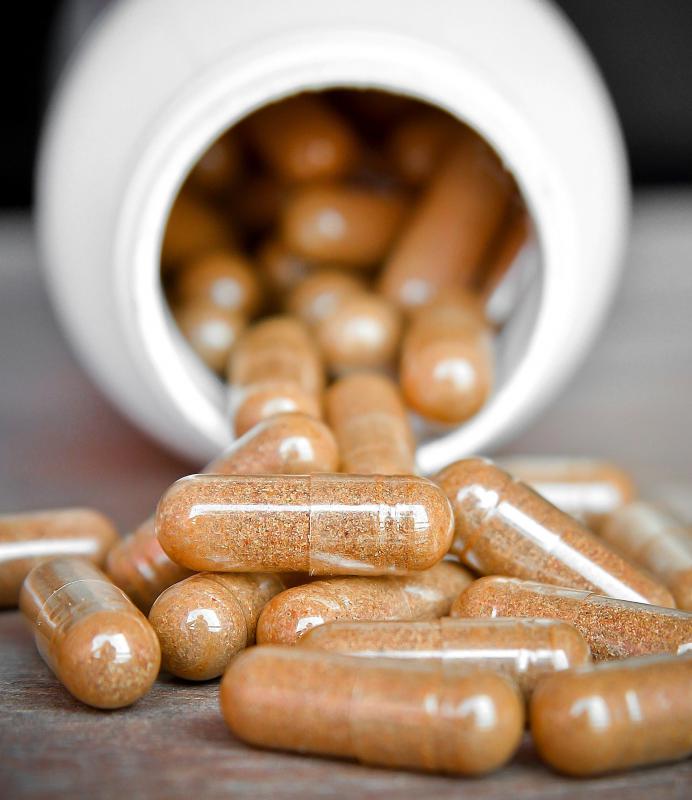At WiseGEEK, we're committed to delivering accurate, trustworthy information. Our expert-authored content is rigorously fact-checked and sourced from credible authorities. Discover how we uphold the highest standards in providing you with reliable knowledge.
How Do I Choose the Best Herbal Wart Treatment?
Many consumers look towards herbal wart treatment methods as alternatives to harsh chemicals to get rid of the bumps. Some natural health stores sell bottles of herbal treatments that contain a variety of ingredients for warts, and this might be the most convenient solution. You might also choose to use certain herbs individually, particularly if you already grow them at home. Choosing the best wart remedy can often be a process of trial-and-error, depending on the outcome and efficacy of a particular herb. Since an herbal wart treatment has the potential to act as strongly as conventional drugs, you should exercise care and report any side effects to a physician immediately.
A natural health store might carry a product that contains a combination of herbs that can all treat warts, which is the best treatment method if convenience is your top priority. Purchasing a premade product will save you time from finding and purchasing herbs individually. These brands contain the appropriate levels of each herb that can potentially get rid of warts. For the best results, carefully follow the instructions listed on the package.

On the other hand, utilizing a topical herbal wart treatment based on an individual ingredient can actually be less expensive than buying a premade product. Some of the most effective herbs for warts include garlic cloves, dandelion, and calendula, as well as tea tree and castor oils. Taking echinacea orally on a daily basis can also boost your immune system, which can help in both the treatment and prevention of warts.

When choosing an herbal wart treatment, you first need to understand that the process can take time depending on the methods that you use because there are so many different options. If one method fails, then you can generally commence another treatment within a week. It is wise not to use more than one herb at a time unless otherwise directed by a health professional.

As with any kinds of medicine, herbs can carry the risk of side effects. For example, if you have ragweed allergies, then applying dandelion to a wart can potentially cause hives. Although a particular herb might seem safe, you should always use the product with care and discontinue if it causes adverse effects. Call your doctor as a precaution, even if your side effects from using an herbal wart treatment seem minor.
AS FEATURED ON:
AS FEATURED ON:














Discuss this Article
Post your comments